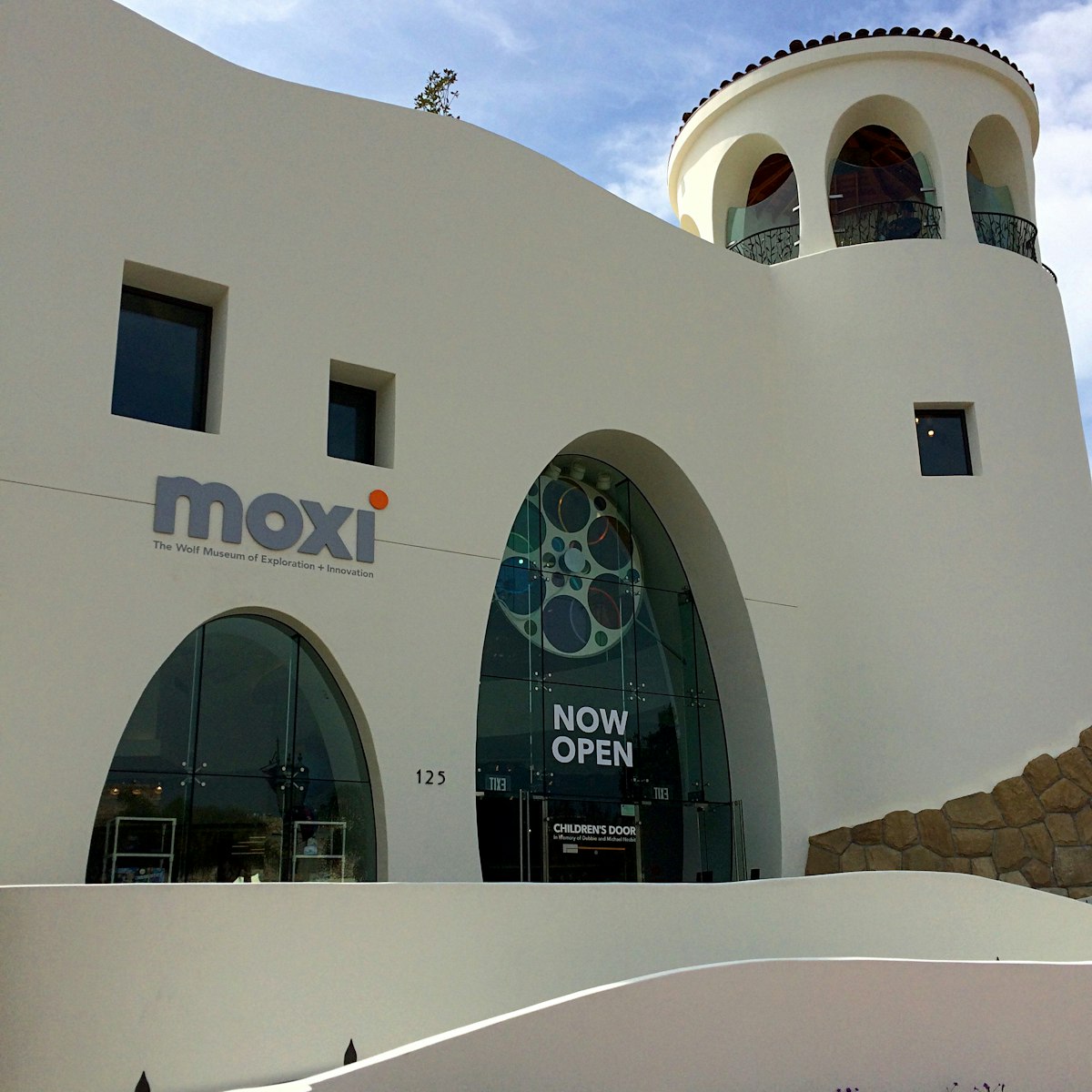California's тQueen of the Missionsт reigns above the city on a hilltop perch more than a mile north of downtown. Its imposing Ionic facade, an architectural homage to an ancient Roman chapel, is topped by an unusual twin-bell tower. Inside the missionтs 1820 stone church, notice the striking Chumash artwork. In the cemetery the elaborate mausoleums of early California settlers stand out, while the graves of thousands of Chumash lie largely forgotten.
The self-guided tour starts in the pretty garden before heading to the cemetery (where Juana MarУa, the Chumash girl made famous in Scott O'Dell's 1960 children's novel Island of the Blue Dolphins was buried behind the tower). Next up is the church itself, followed by a series of rooms turned into a museum, which exhibit Chumash baskets, a missionaryтs bedroom, a recreated 17th-century kitchen and time-capsule black-and-white photos showing the last Chumash residents of the Mission and the damage done to the buildings after the 1925 earthquake. Docent-guided tours are usually run at 11am on Tuesdays, Thursdays and Fridays, 10:30am on Saturdays and 12:30pm on Sundays; no reservations are taken.
The mission was established on December 4 (the feast day of St Barbara), 1786, as the 10th California mission. Of Californiaтs original 21 Spanish Colonial missions, itтs the only one that escaped secularization under Mexican rule. Continuously overseen by Franciscan friars since its founding, the mission is still an active parish church.
From downtown, take MTD bus 6 or 11, then walk five blocks uphill.








